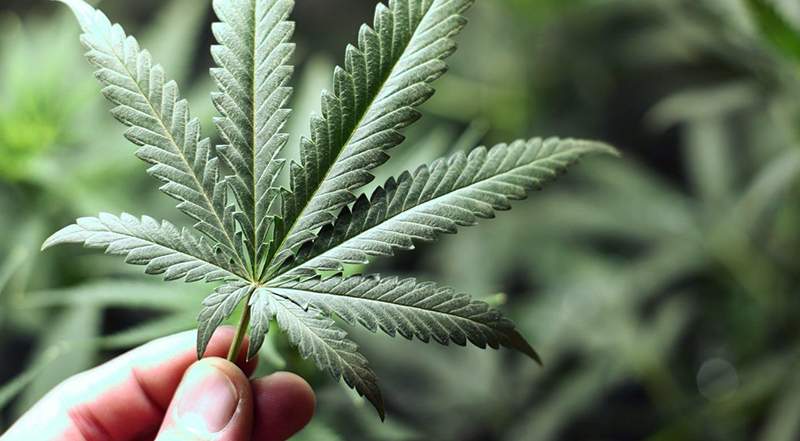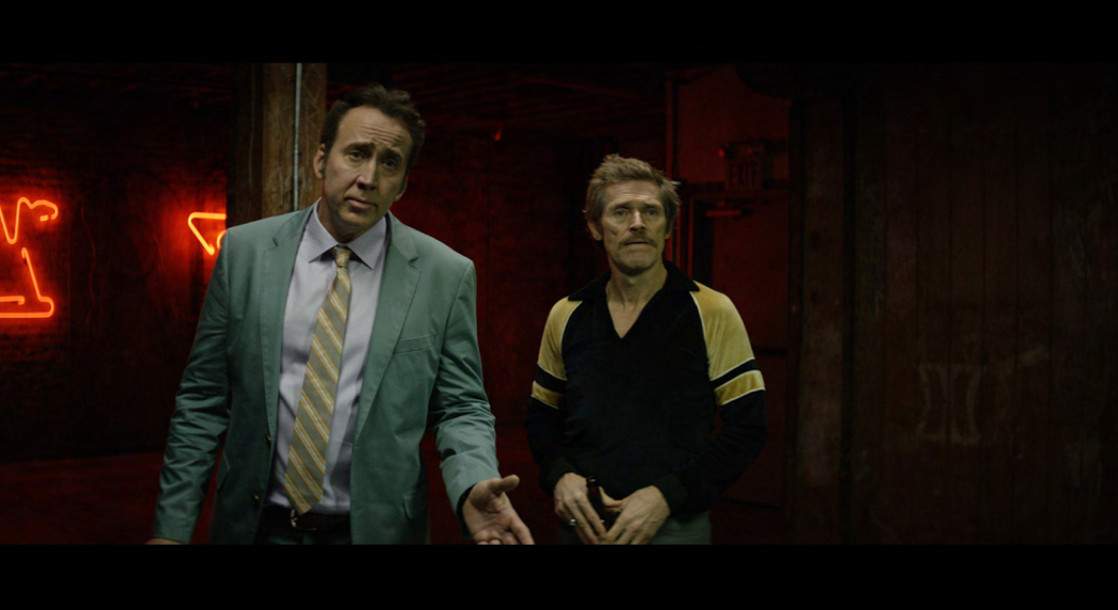A Tennessee lawmaker is threatening to put financial strain on the cities of Nashville and Memphis if they pass ordinances aimed at eliminating criminal penalties for small time pot offenders.
According to a report from the Tennessean, State Representative William Lamberth is planning to file a piece of legislation in the upcoming session that would cost both cities millions of dollars in highway funding if either of them approves measures aimed at decriminalizing minor marijuana possession.
The lawmaker, who serves as the chairman of the House Criminal Justice Committee, said his proposal could strip both Davidson and Shelby County of between $120 million and $130 million.
“That’s not a bill that I would want to file, but it’s a bill that I’m certainly willing to file if Nashville and Memphis continue down this extraordinarily reckless and unjust path,” Lamberth said.
Nashville has been working to create a policy that allows the Metro Nashville Police Department to issue a $50 fine to anyone caught in possession of up to a half-ounce of marijuana. The initiative has already been approved in two of the three required votes. A final vote is schedule to take place on Tuesday.
The Memphis City Council is considering a similar ordinance.
Unfortunately, it is possible that Lamberth’s threat could sabotage what was expected to be a “done deal” with respect to Nashville’s proposed decriminalization ordinance. Sources close to the matter say that the success of Tuesday’s vote all depend on the weakness of the Metro Council – concluding that Lamberth has the kind of political influence that could throw a wrench in the outcome.
But Councilman David Rosenberg, the man responsible for bringing the decriminalization ordinance to the table, says that Lamberth’s intimidation tactics will not prevent the Metro Council from moving forward.
“If we backed away from doing our jobs every time there was a possibility that the state legislature would step in we’d really have nothing to do,” he said.
If the ordinance passes on Tuesday, it will move on to the desk of Mayor Megan Barry for a signature. The mayor has not given any indication whether she will sign, only that she “generally supports” decriminalization ordinances. A spokesperson from Barry’s office told the Tennessean that she is not concerned about the threat of state interference.











